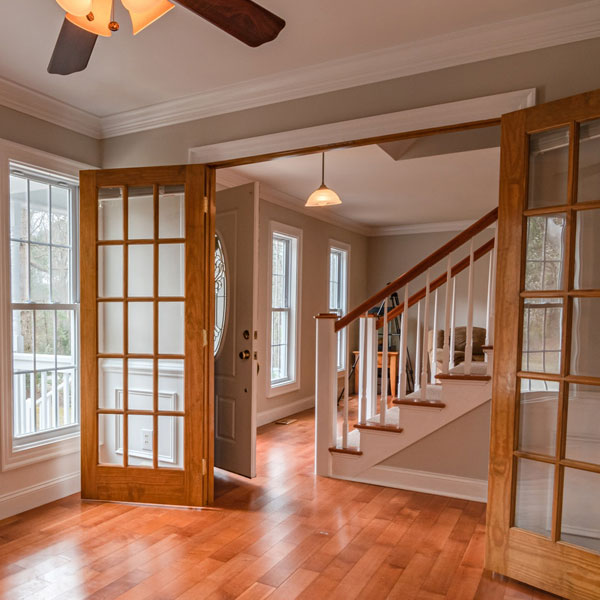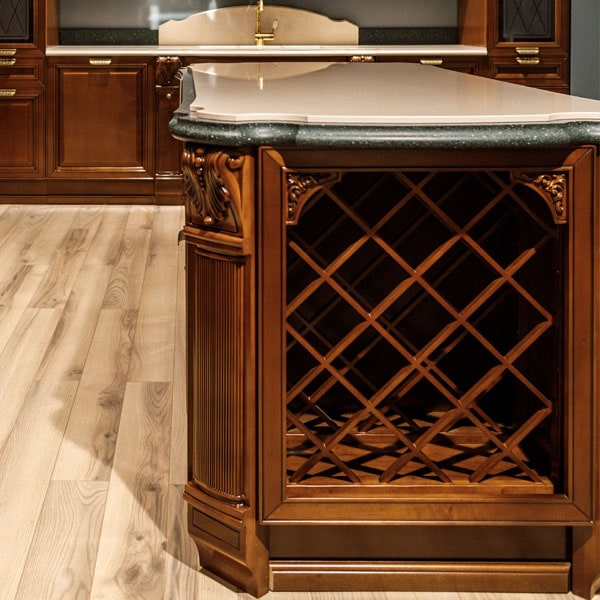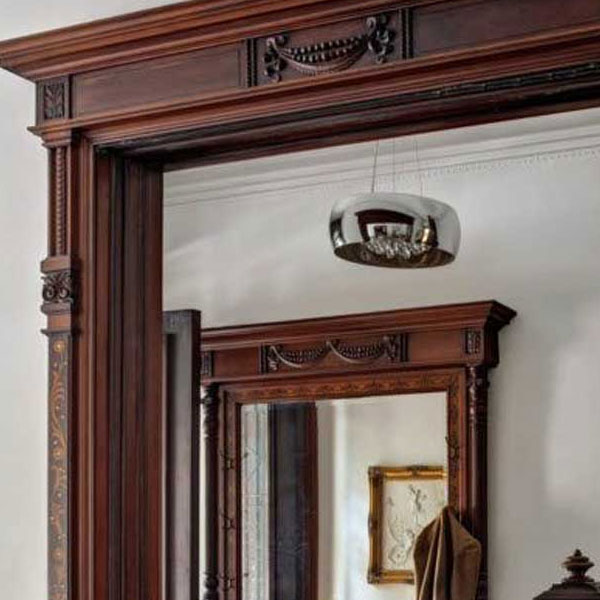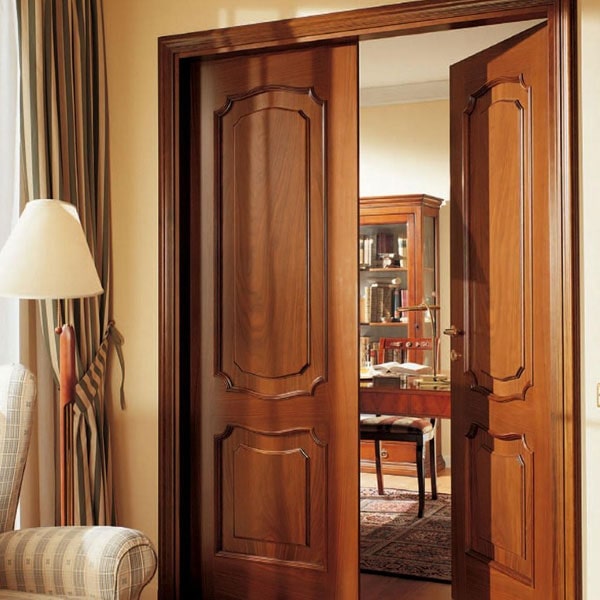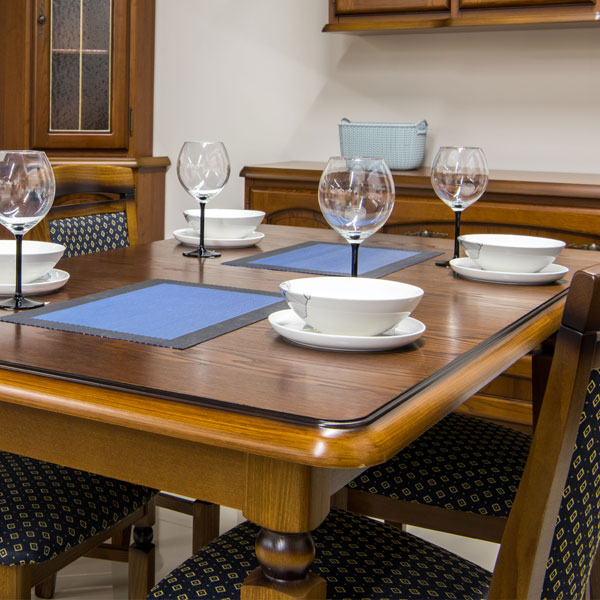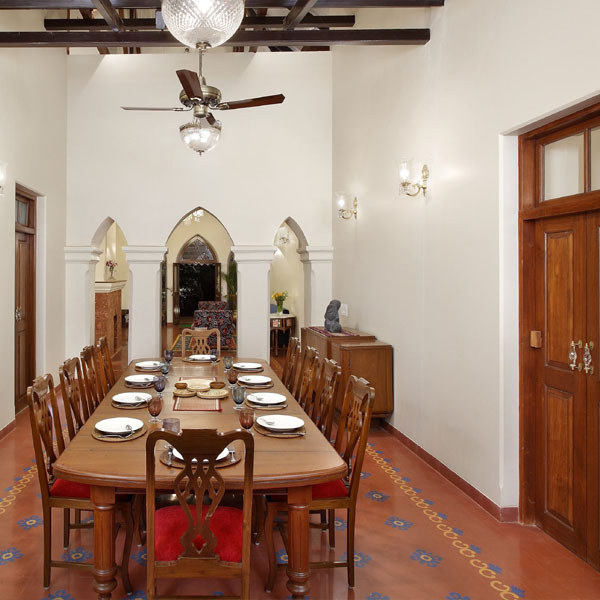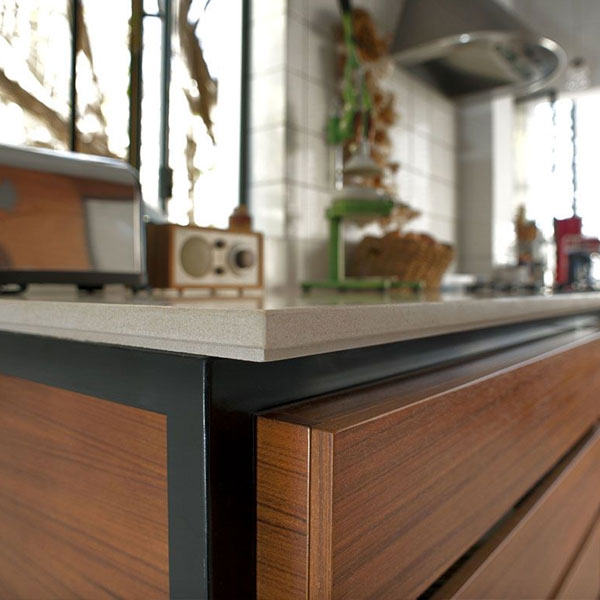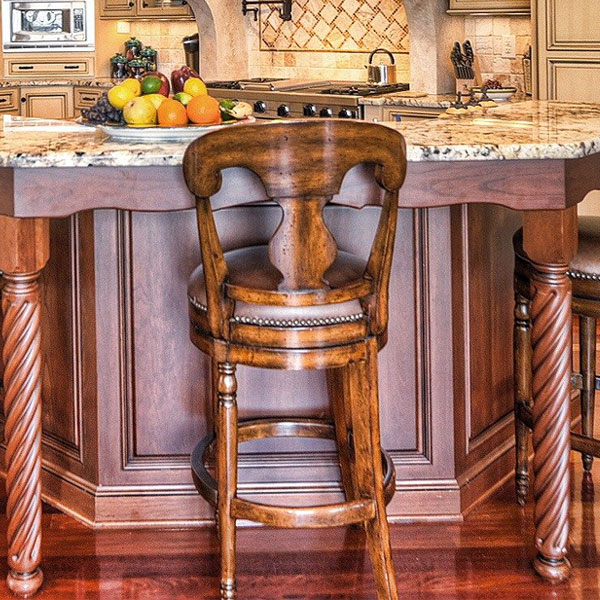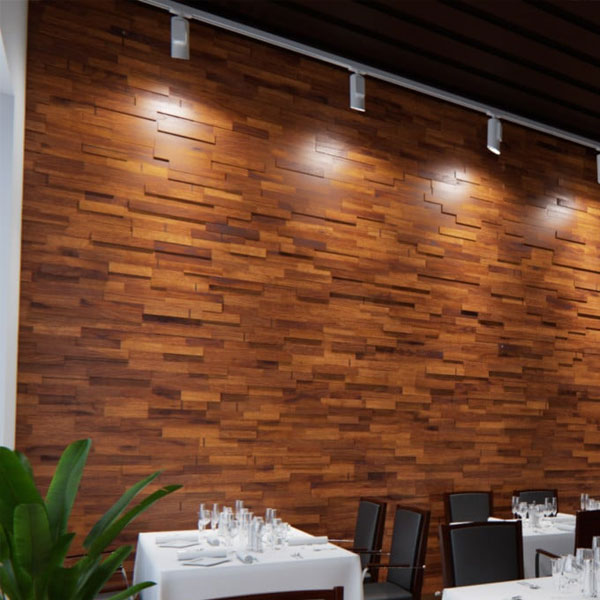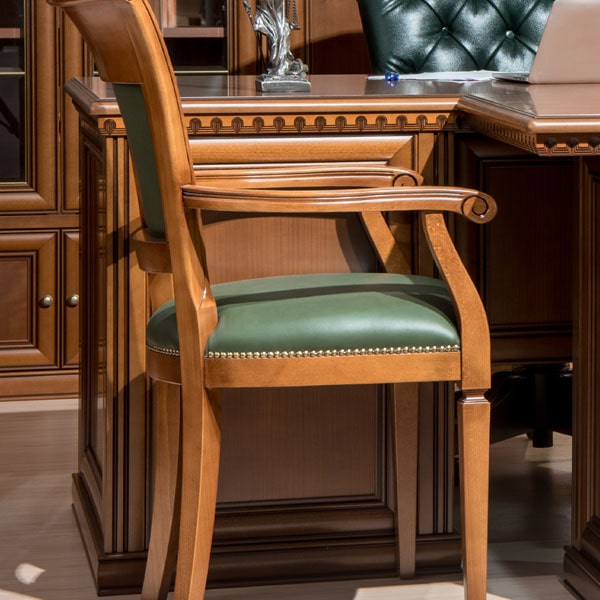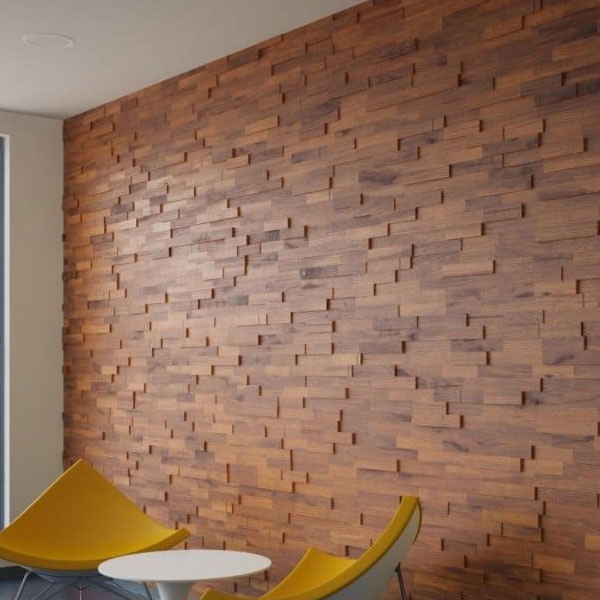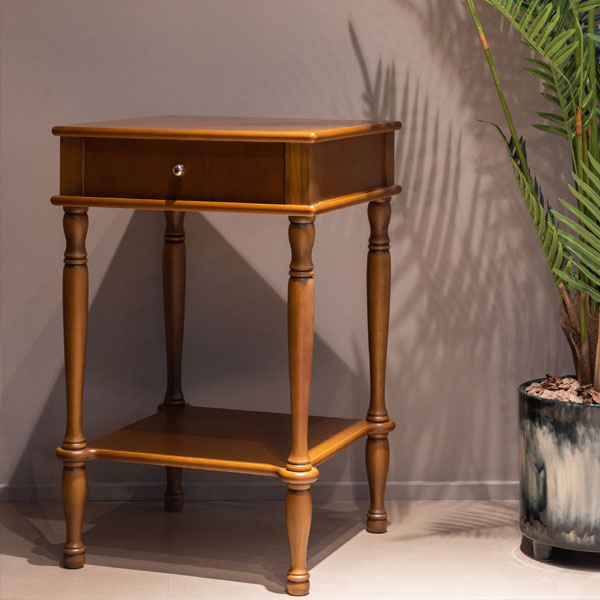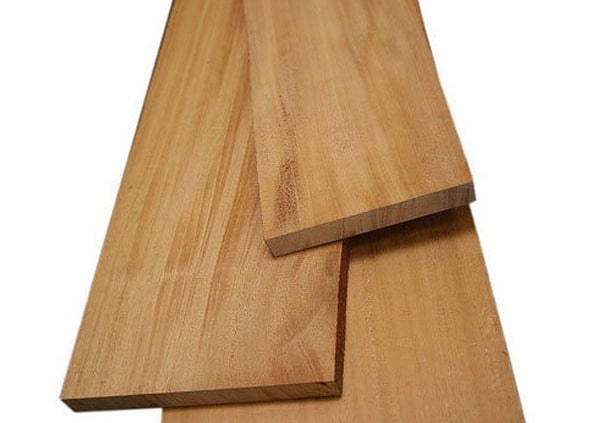
What is African Teak Wood?
African teak, originating from West Africa, boasts remarkable density and resistance to decay. It typically matures between 15 and 35 years, during which it accumulates high levels of natural teak oils. While prized for its qualities, African plantation teak tends to be less enduring compared to varieties from Indonesia or Burma, displaying a light brown coloration. The grain of this wood, as noted by PLANET EXPO, a reputable teak supplier in India, is widely dispersed with several sturdy knots.
Distinguished by its dryness and absence of oily resin, African teak resembles traditional wood more closely than its Asian counterparts. Consequently, it lacks the water-repellent properties typically associated with teak, a characteristic acknowledged by teak dealers in India.
Workability
Sustainability
Common Uses
According to the best wood suppliers in India, African teal is utilized for flooring, joinery, boats, and ornamental veneers, African teak is utilized.
Our African teak wood line includes:
- No knots or breaks; clear
- Materials in KD and Non-KD are available.
- Common dimensions are length (6 feet and up), width (3 inches and up), and thickness (1.5 inch & up)
- On request, more dimensions are available.
- Additionally, we supply African teak round logs as well.
- African origin (Sudan, Ghana, Benin, Togo, Gabon)

